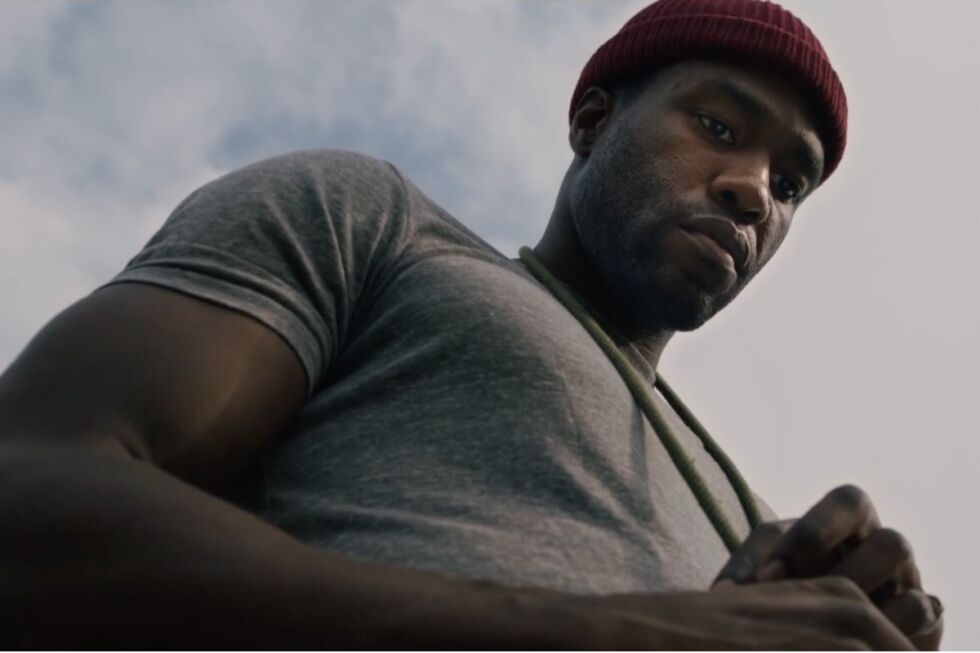-

Yahya Abdul-Mateen II stars as Anthony McCoy, a visual artist who moves into the gentrified Cabrini-Green neighborhood in Chicago. [credit: YouTube/Universal Pictures ]
With thought-provoking films like Get Out and Us, writer/director Jordan Peele has already cemented his status as a master of smart, socially relevant modern horror. His influence is even broader as a producer, bringing fresh voices, directorial visions, and diverse perspectives to a genre badly in need of all three. His latest production is Candyman, director Nia DaCosta's imaginative sequel (of sorts) to the 1992 horror classic Candyman. This is only DaCosta's second feature film, yet she handles the material deftly and transforms the singular slasher known as Candyman into an ageless malevolence whose curse reverberates through time.
(Spoilers for the 1992 film below; mostly mild spoilers for the new film.)
As I've written previously, the original 1992 Candyman was based on the Clive Barker short story "The Forbidden." The film starred Virginia Madsen as a Chicago graduate student in sociology/semiotics whose thesis deals with urban legends. She hears about a series of brutal murders in the Cabrini-Green public housing project. The killer is rumored to be the ghost of a late 19th-century artist named Daniel Robitaille (Tony Todd) who was lynched because he fathered an illegitimate child with a white woman. The mob cut off his right hand and smeared him with honey to attract bees to sting him to death before burning his corpse and scattering his ashes over what is now the project's grounds.
No comments:
Post a Comment